Recycling in the past was a way of life that everyone practiced
People who are in their late 40’s and above have been a part of a phenomenon called recycling during their childhood days. In the ’70s, ’80s, and ’90s, or other words a period before economic liberalization took place in India, every family believed in recycling. Recycling in the past was a way of life born more out of necessity rather than being an environment-friendly fad. Incomes were limited and so were the resources.
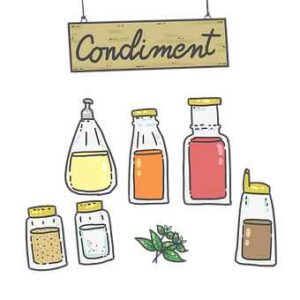
Recycling in the past involved everything from school textbooks to school dresses and from worn-out sarees to used bedsheets. The ubiquitous plastic packets of today’s time were not so much to be seen. Instead, cloth bags made out of old curtains and bedcovers were more in use. Every item had a value and would be recycled. The kitchen shelf was occupied by old Dalda containers stocked with cereals while empty jam bottles were used for spices. On the other hand, Roohafza and Kissan juice bottles would find their place in the refrigerators chilling cold water.
The use and throw concept was missing all together. It was ok to wear the school trouser of your elder brother and use old textbooks of your sister who got promoted to the next class. Recycling in the past was common and nobody minded it as it was a part and parcel of life.
Recycling in the past was a tradition
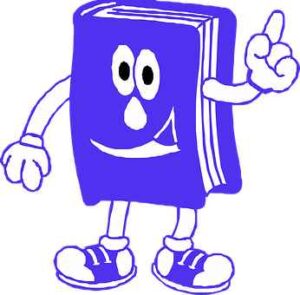
Every family believed in the concept of sharing. Whether it was school textbooks or school uniforms, the junior in the family had to be prepared for it. Even school notes of the senior sibling were passed on to the junior. I still remember that while preparing for the IIT entrance, I had used Aggarwal coaching classes course material passed on to me by my cousin. You will be surprised to know that the author had appeared in most of the competitive examinations in his heydays though without much success. For medical entrance, I was handed over the multiple choices preparation guides by my elder sister.
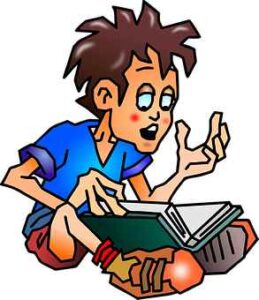
To give a longer shelf life to textbooks and notebooks, it was the job of the promoted student to cover his books with brown cover paper and put a name label on the cover. He was supposed to underline important paras within the textbook by pencil and not by pen. The next year the younger sibling had to remove the old cover and start studying from it.
Mother had excellent skills when it came to recycling
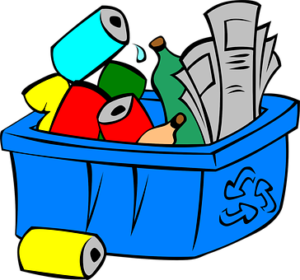
Mom in every household was the most cost-conscious person and would make every penny count. The old newspapers, magazines, and even the beer bottles would be stacked in a storeroom. Every couple of months the kabadi-wala will land up to collect the same. Mom would haggle with him on the rate of old newspapers and would squeeze the maximum. This one act of mom is what Planet Earth is looking forward to i.e. recycling. The old newspaper would be recycled to make paper products while the bottles would be used to make new ones. In addition, it created employment opportunities for the kabadi-wala. This act is still practiced though is dying slowly.
Every household article in the past had scope for reincarnation in form of recycling. An old zaree-wali saree or woollen clothing was used by mom to buy new stainless-steel utensils from a group of ladies called steel ke bartan wali.
Past was all about saving rather than splurging
The past was all about saving and sharing rather than splurging and wasting. Mom would retain the clothing of kids who had outgrown them. The elder sibling’s clothing was passed on to the younger one and the younger ones to cousins in the family. Buying new clothes was limited to special occasions like a birthday or a festival like Diwali.
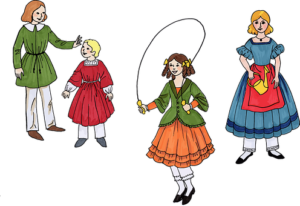
If the son’s shirt got torn while playing or the father’s woollen suit developed a hole in the arm the clothes were not discarded but sent to tailors for darning. In south Delhi, we had a market called Meharchand which was known for recycling woollen suits. The tailors were called Wonder tailors and their job was turning men’s woollen suit inside out giving it a new look or resizing a father’s suit to son’s size. The market is still there though the wonder tailors have disappeared and replaced by fashion boutiques.
Recycling in the past meant less use of plastics
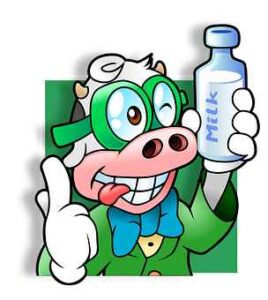
Milk was delivered by DMS (Delhi Milk Supply) trucks to a depot where people would line up to pick the milk bottles. They used to deposit the empty ones and exchange them with filled-up bottles and pay the price. The environment-unfriendly poly-packs were missing from our life. Then came Mother Dairy with spanking new depots each fitted with a milk dispensing machine. It was like the ATM of milk at that time. People would carry their steel containers, buy tokens, insert them in the machine and see their containers getting filled by milk. It was quite revolutionary in the late ’70s and early ’80s. Imagine the whole city buying milk in this fashion where not a single pack of plastic was used.
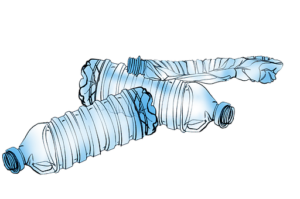
At railway stations, one could hardly find any discarded packaged water plastic bottles scattered on the railway tracks. Train journeys meant people would carry water in earthen pots called surahi. Families would buy one right outside the railway station, fill it up with water from the taps at the platforms. The water quality dispensed from taps was so good that the packaged water never invaded our life. Drinking tea in earthen cups is still nostalgia for most of us grown in that period. Tea served in plastic and paper cups can never match the aroma coming from a kulhad. In smaller towns kulhad is still very much in use.
Every household item had an extended shelf life
Whether it was an old bedsheet or a curtain, every household article had some usage. The bedsheet was used to make heavy-duty cloth bags that were useful in carrying vegetables and cereals. Similarly, a discarded iron chair or damaged copper wire was picked up by the kabadi-wala for cash.
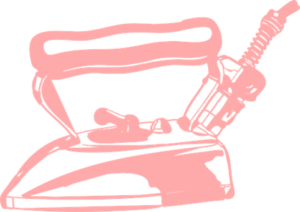
Any electrical item that failed to work would be repaired. An electric iron (those days we didn’t have steam irons) that malfunctioned would be repaired by the electrician by changing the heating element. On the other hand, an electrical heater that would often short during winters would land up at the local electrician shop for getting a new lease of life.
Recycling in the past was a way of life that not only was environmentally friendly but also provided jobs to thousands of people. From the electrician to the tailors and from kabadi-wala to steel ki bartan wali people could earn their livelihood according to their skills.
Click on the following links to read more such stories on my blog:
Plastic Pollution: The Solution lies in “Blast from the Past”
The Future of Flying: Now boarding from Gate of Innovation

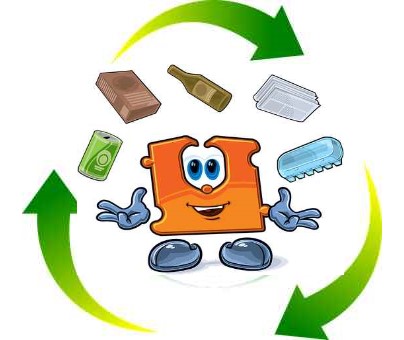



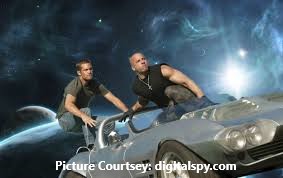
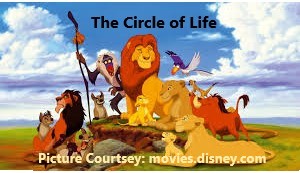

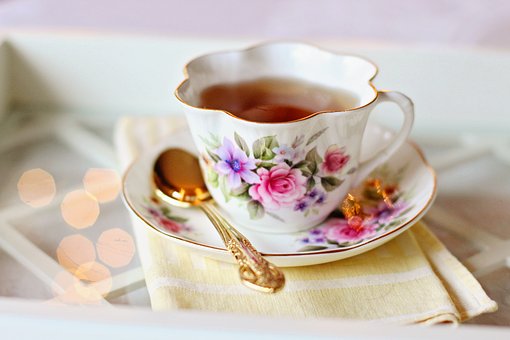

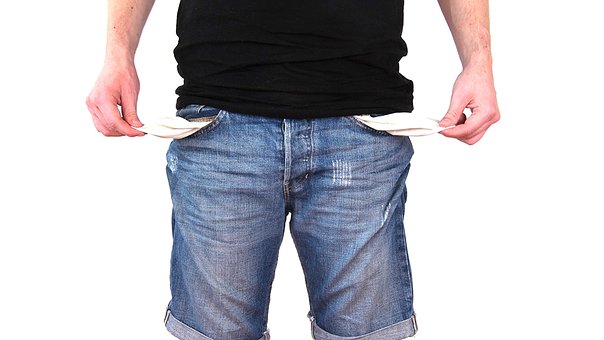
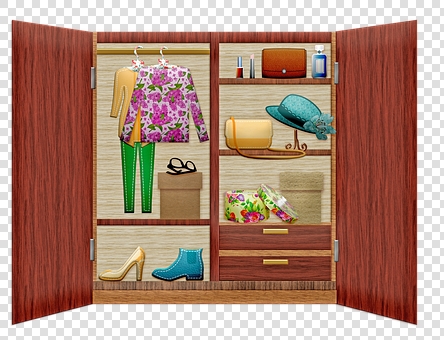
Comments
Leave a Comment